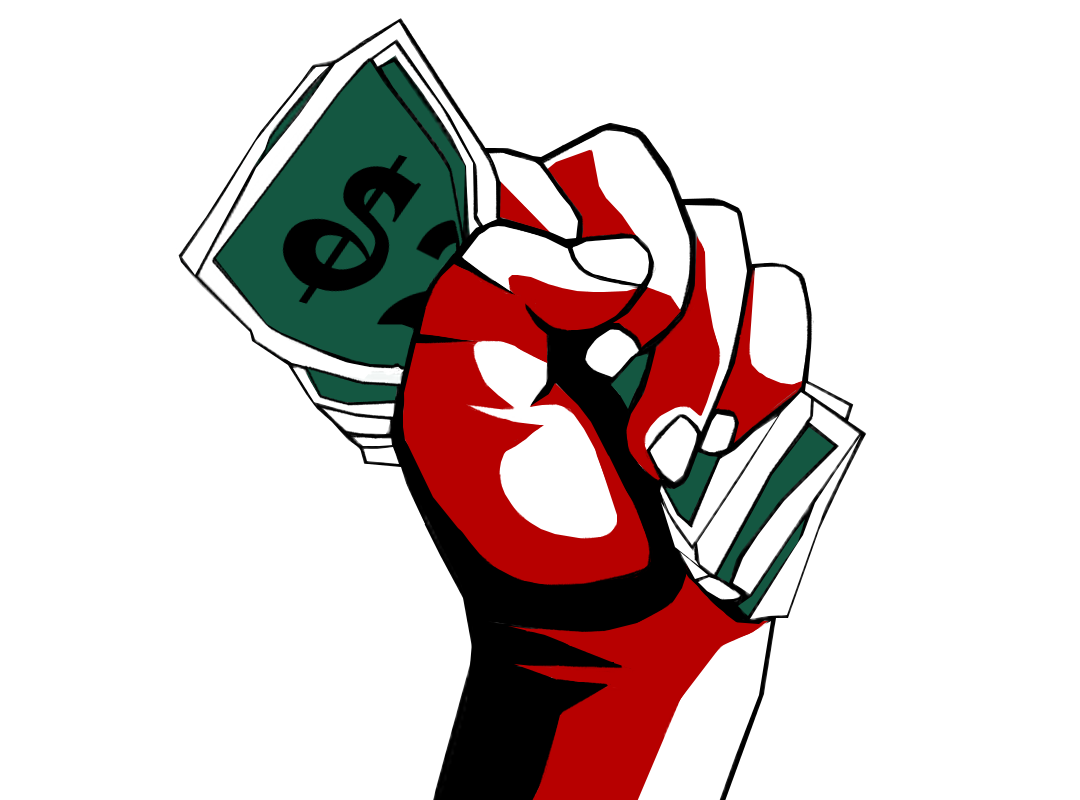Adam Smith introduced the modern capitalist theory in the late 18th century. In his book “Wealth Of Nations” Smith argued that people trying to fulfill their interests ended up with greater social good. This idea is better known as the invisible hand in today’s world. Since then, capitalism has undergone some drastic changes because of several economic crises.
Karl Marx and his associate, Friedrich Engels, put forward the idea of communism. It argued that the means of production (land, labor, capital) should be in the workers’ control and that business leaders should not exploit workers.
Capitalism has survived many crises since its birth. Capitalism argues that competition would make the end product better because many firms make each other better because they work more to out due to the other company. We can also see how this works in how capitalism has improved since its beginning. The US Federal Reserve was formed because of the Bank Panic of 1907 when American Banker JP Morgan helped the government get out of the crisis. This event showed the glaring weakness of a central bank. In the Great depression of 1929, the government helped businesses and people by printing a significant amount of money. British economist John Maynard Keynes argued governments should manipulate unemployment and inflation using fiscal policy. If governments provide job opportunities to people, they could spend money, which would help businesses to keep providing job opportunities. This theory is still the fundamental theory in our modern world. During the pandemic, many governments introduced stimulus checks to unemployed people to spend money, which would keep businesses running. In the 1970s and 1980s, Milton Friedman, an adviser to US President Ronald Reagan, argued for less regulation and a smaller government. Many banks and companies could exploit these laws, which eventually caused the 2009 financial crisis. House prices crashed, and many banks went bankrupt because they couldn’t get repayments for the mortgages that they had given out. After this crisis, they introduced many laws to regulate how banks gave out mortgages to avoid a global crisis again. If we look at these events, we can see that capitalism has many flaws. Many companies caused the 2009 financial crisis, however, it was the taxpayers that had to pay for the 700 billion dollar bailout to save the companies. In some cases, capitalism is a system that benefits large corporations and the very wealthy. However, it has also helped billions of poor people out of poverty and has played a massive role in developing countries like Japan and Germany after the war.
Communism is an ideology that has never been used in practice as Marx thought of it. The Soviet Union is the most prominent example of communism in practice. The Soviet Union aimed to take the means of production out of the hands of the landlords and businesses. They also aimed to provide all necessities to their people. In theory, this idea works, however, in the Soviet Union, we saw that the government was wasting money and was inefficient in providing for their people. Competition does not work in communism because there is no reward for being better than your peers. The main reason communism and capitalism succeeded was this. Even though the soviet union had a powerful military, their economy was in poor condition and the people eventually revolted against them. Some ideas of Marx are still relevant in today’s European society, like free education and free healthcare.
To sum it all up, Churchill was right that capitalism does not distribute wealth equally, however, he was also right that socialism distributes poverty to everyone. Workers in capitalist nations like the US are wealthier than Soviet workers, as Soviet workers couldn’t even reach necessities while American workers could buy cars and homes. Capitalism is a better system than socialism, however, some aspects of socialism can improve the standards of a society.

